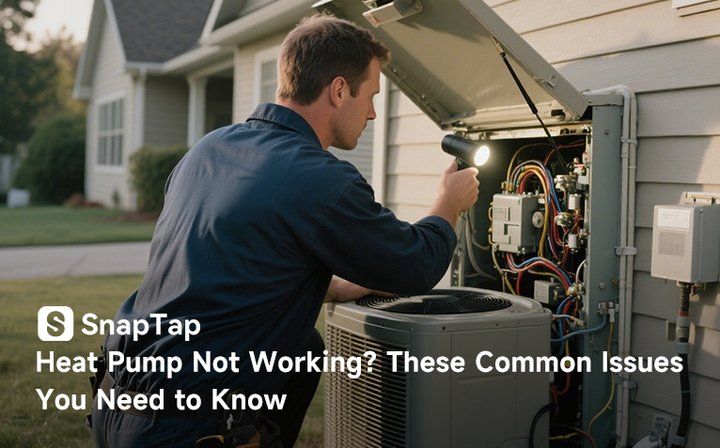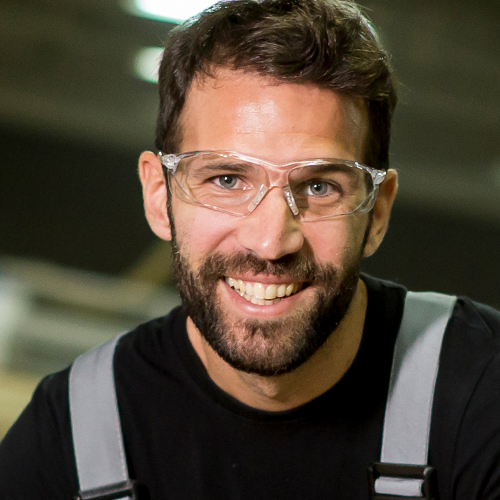
Other


Heat Pump Not Working? These Common Issues You Need to Know

{{title}}
{{websiteArticleAuthor.name}}
{{updateTime}}

